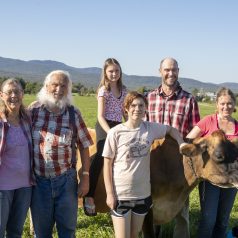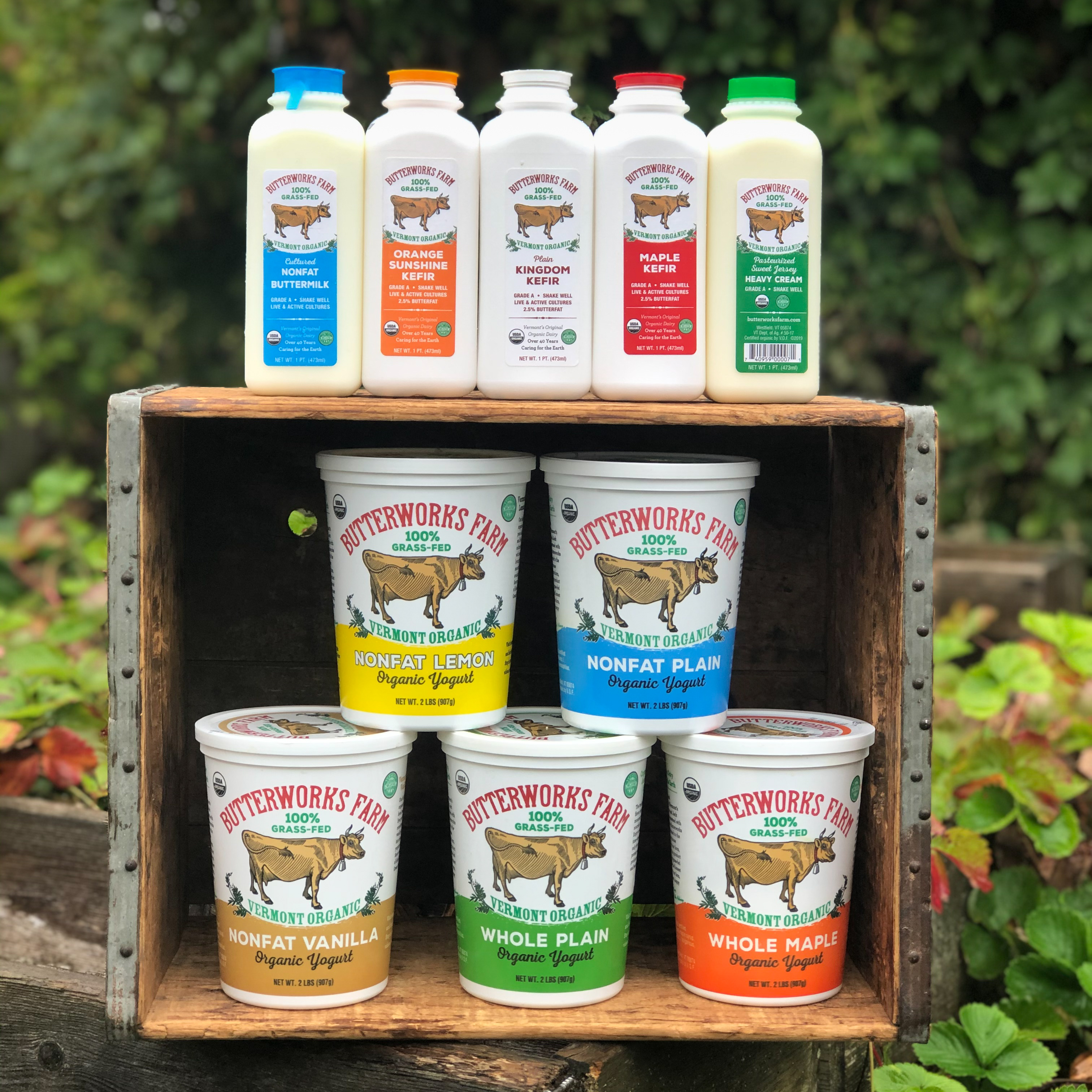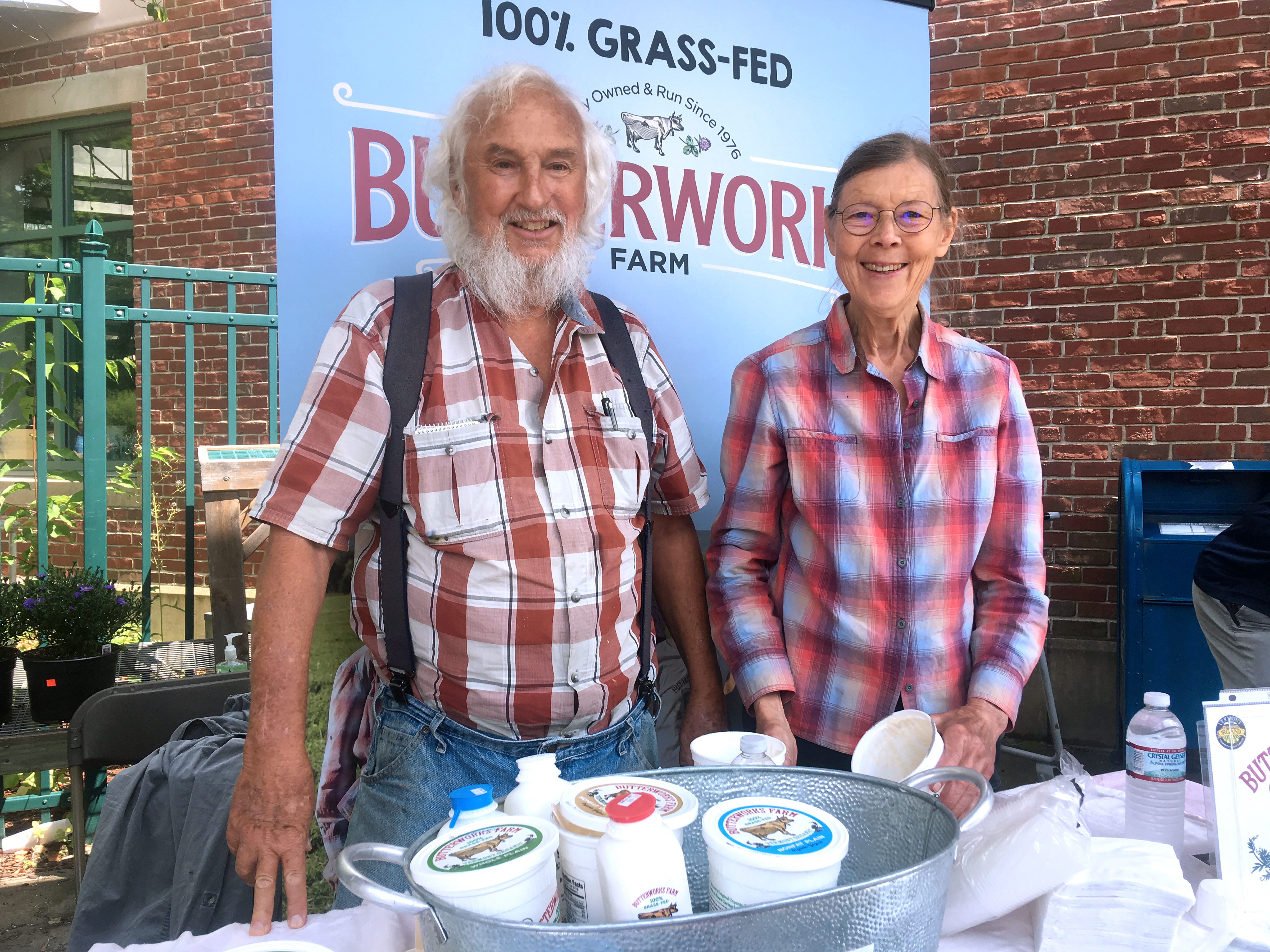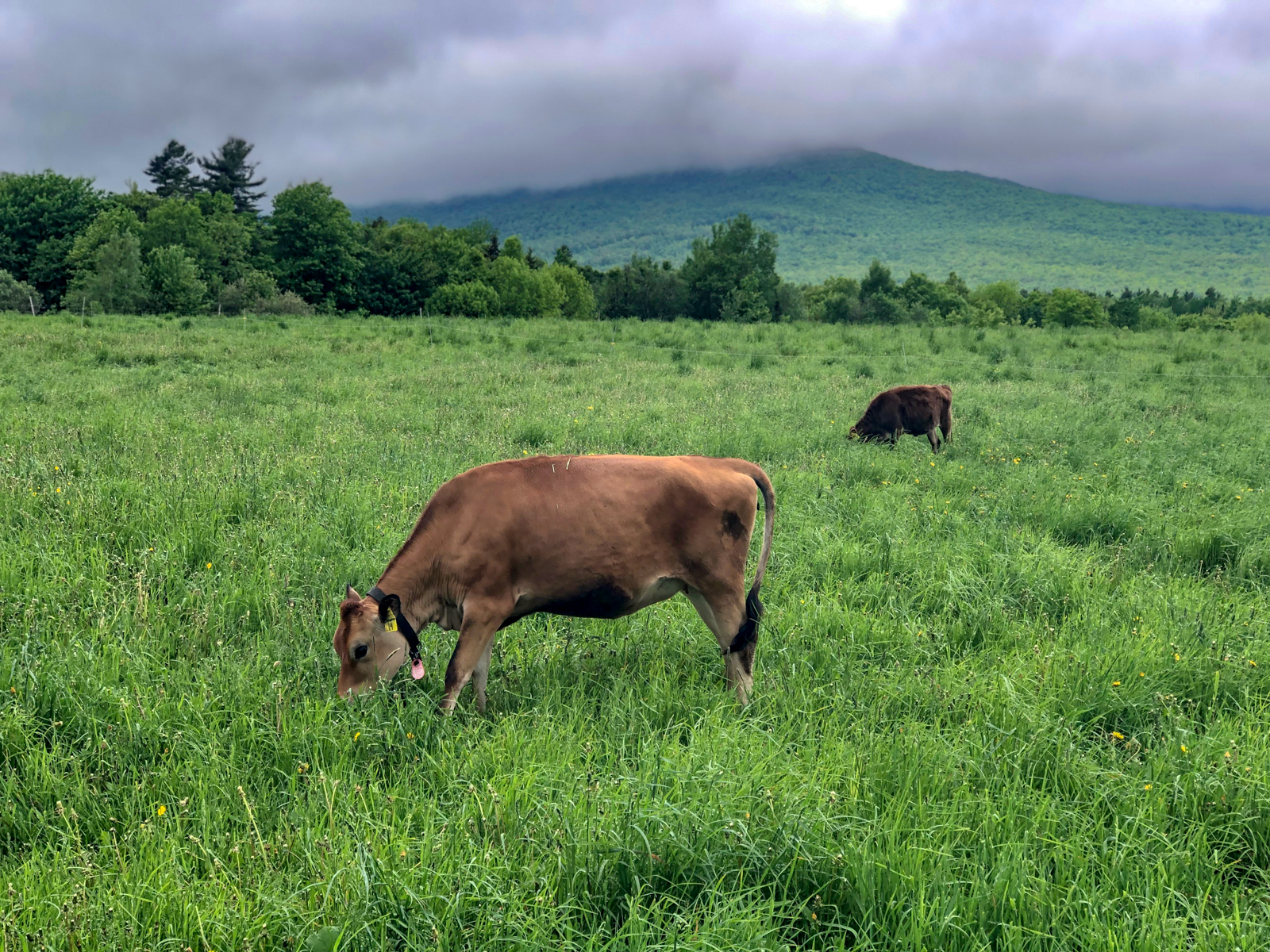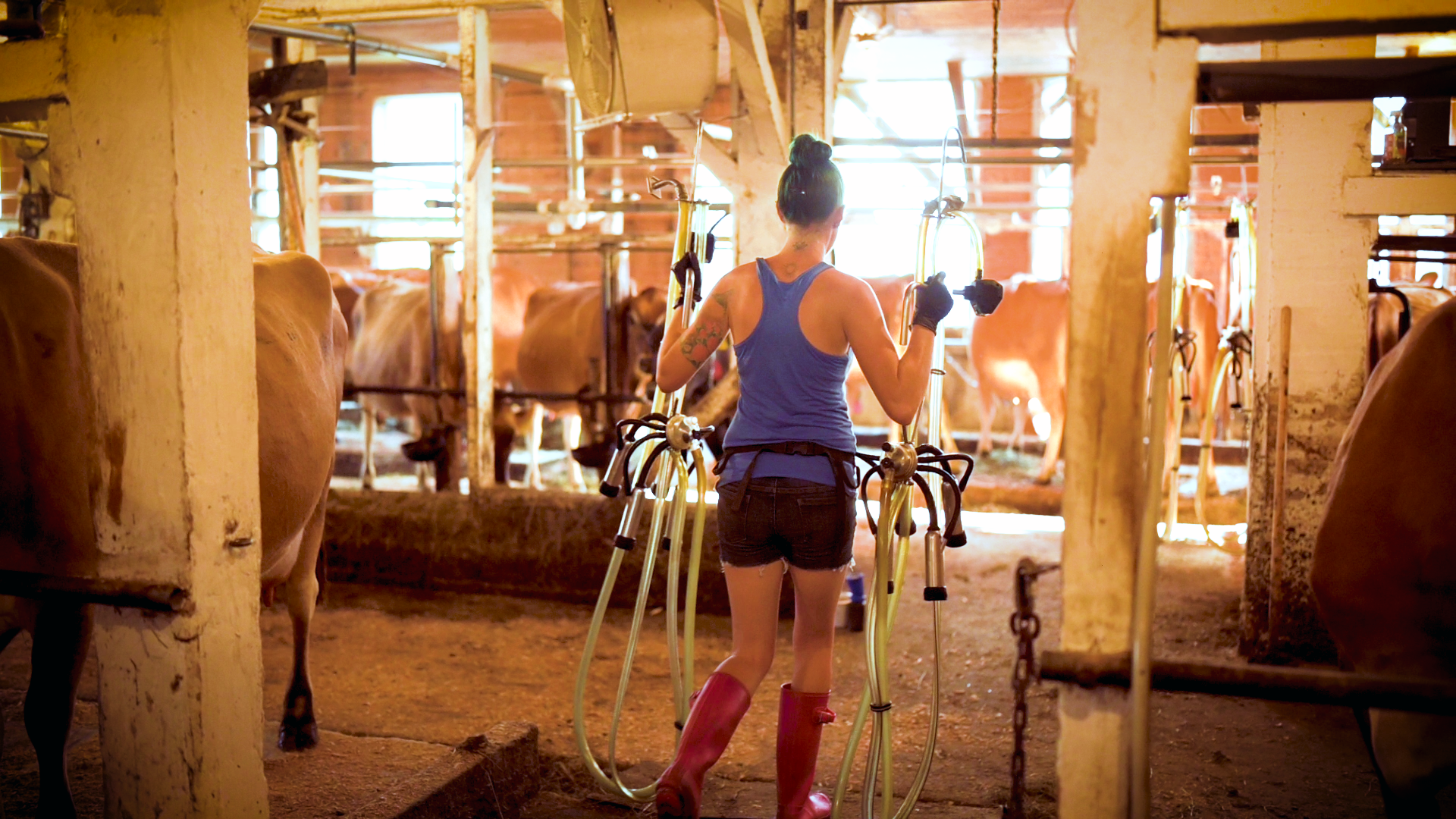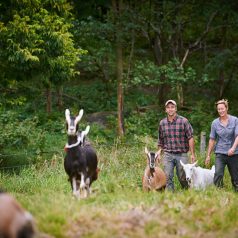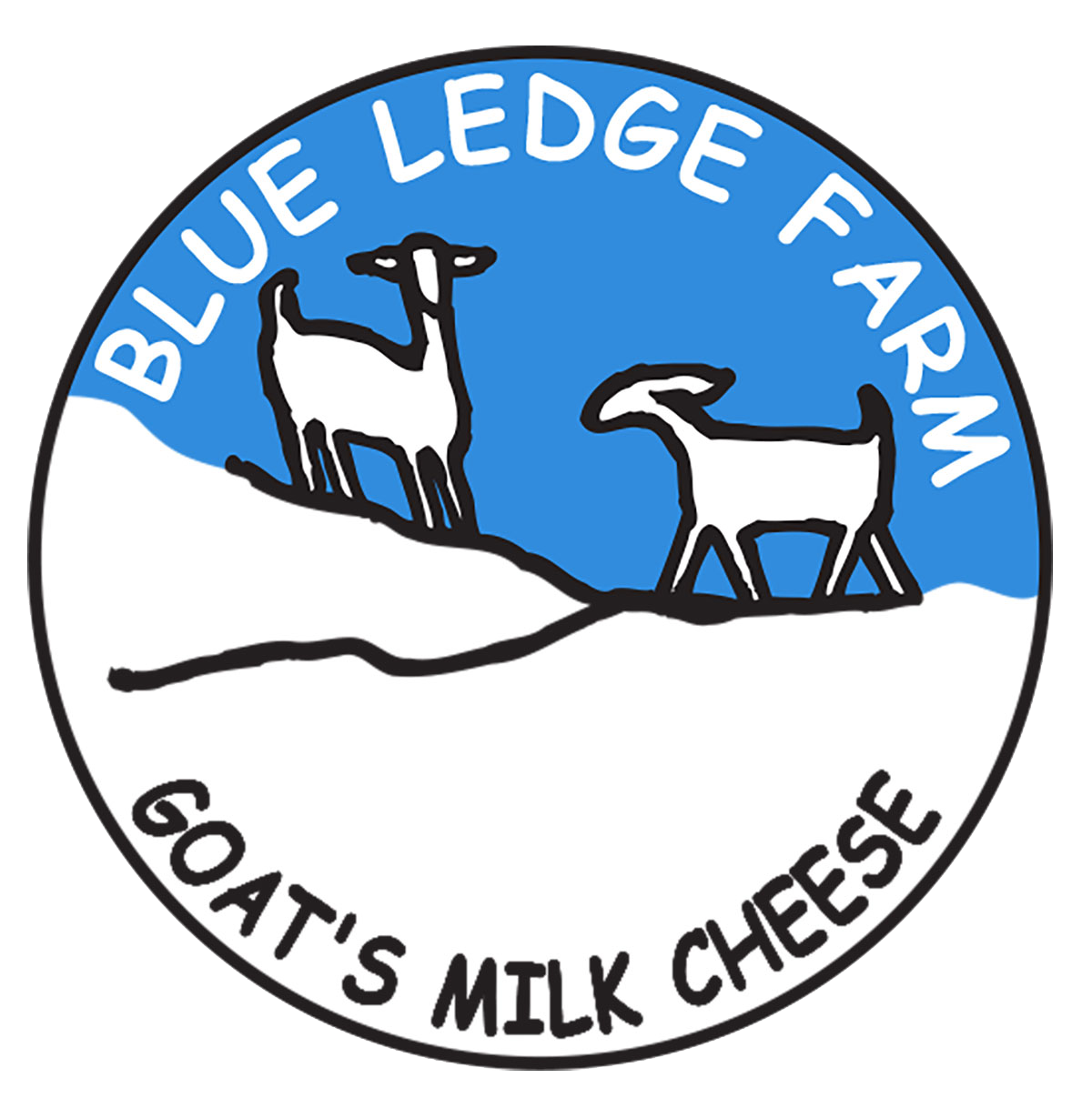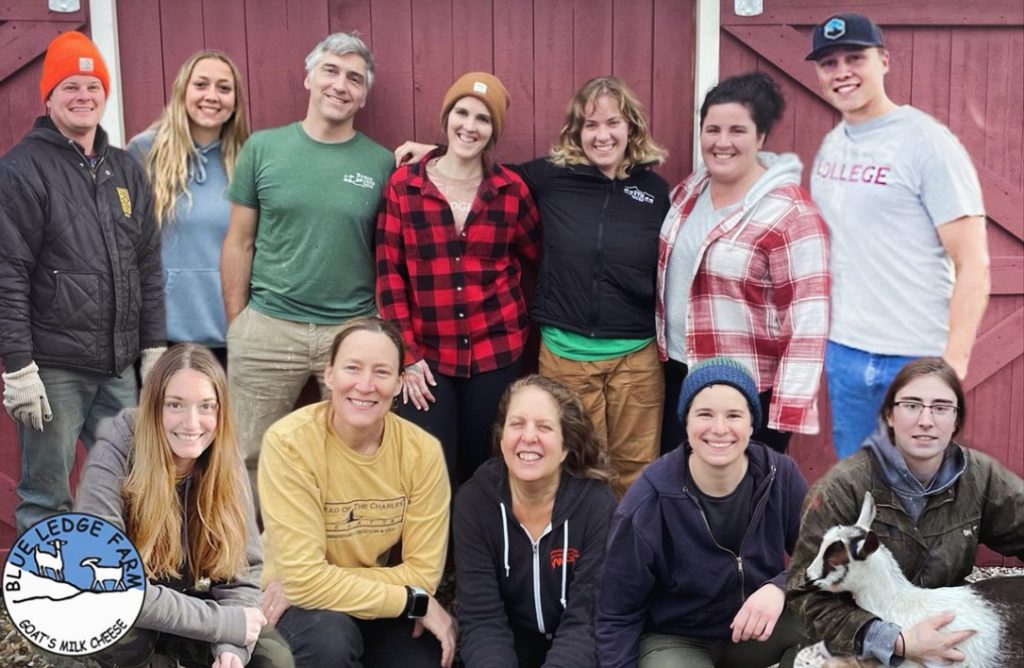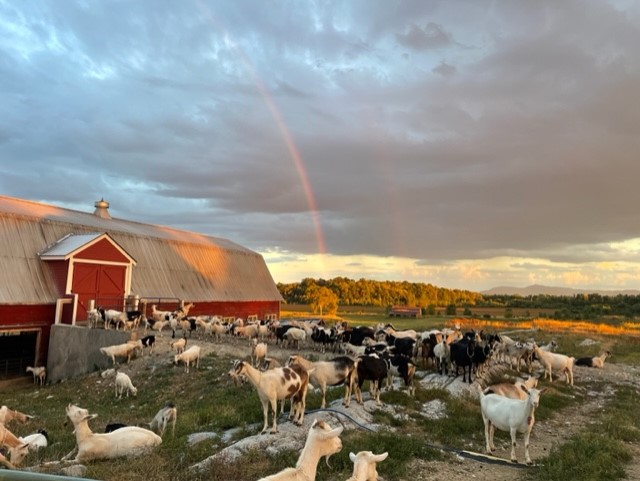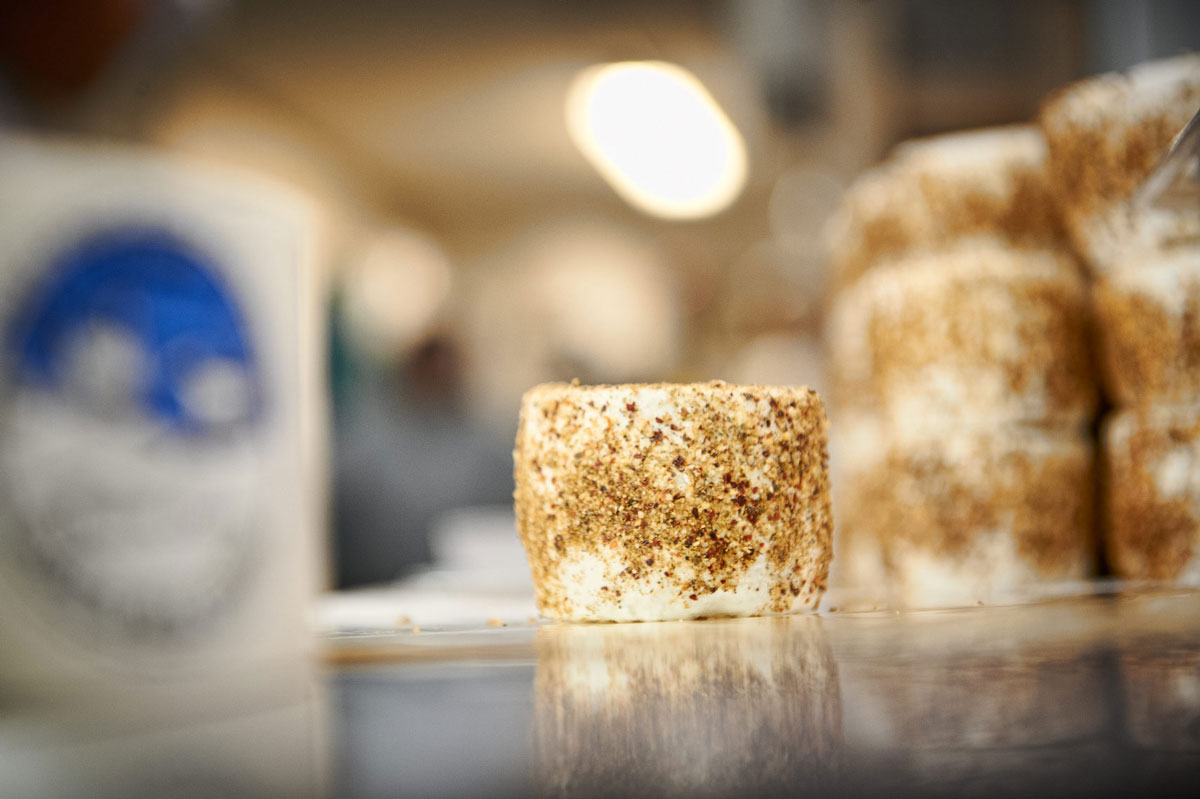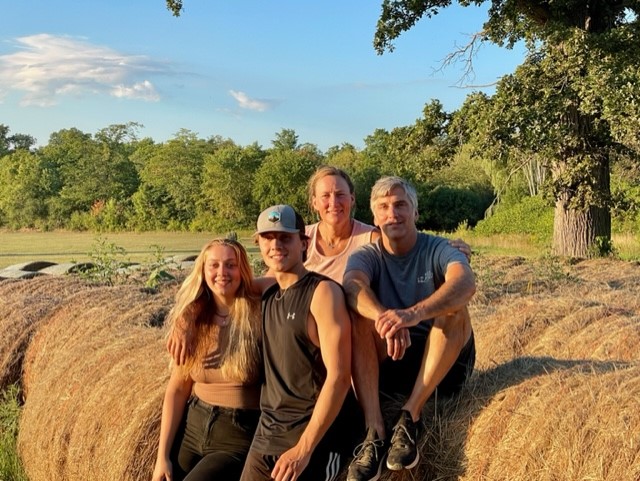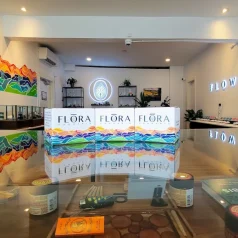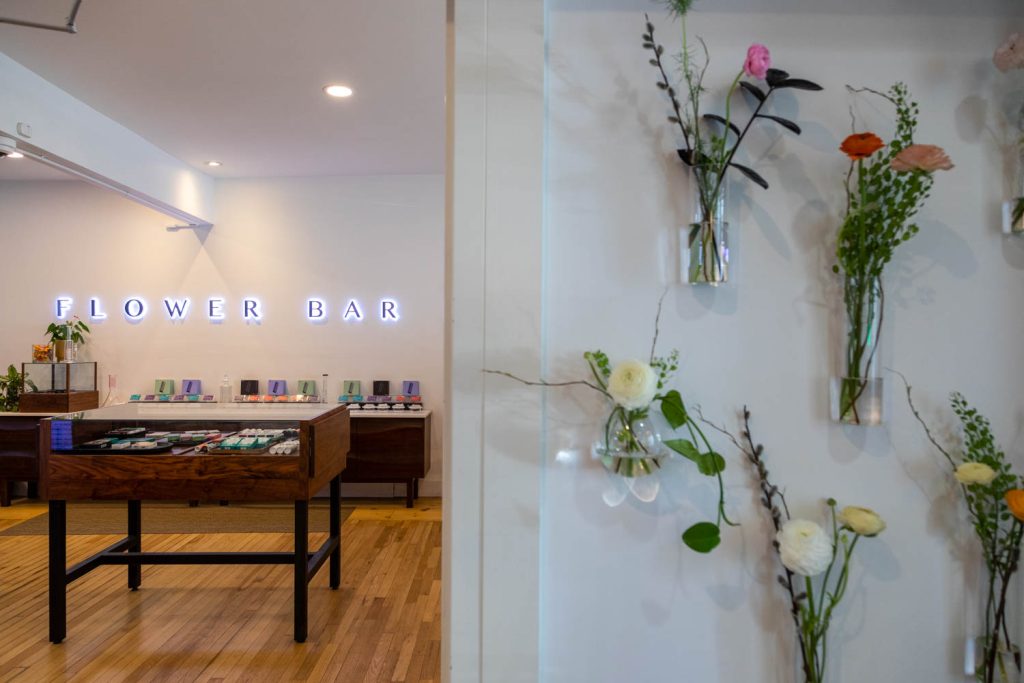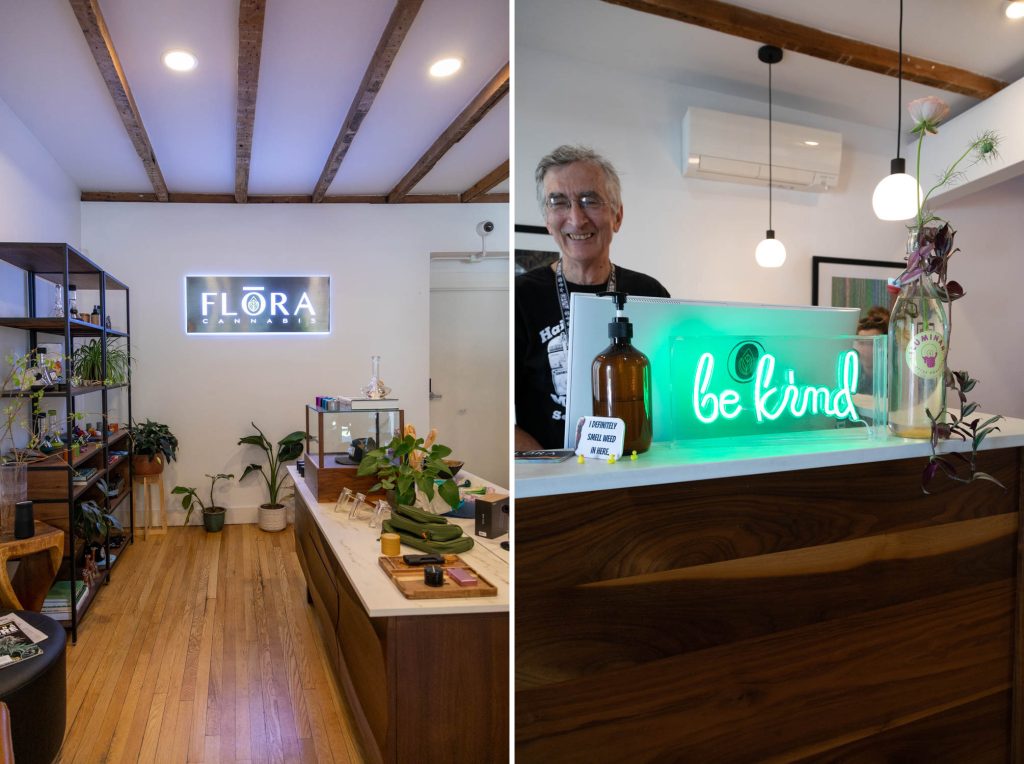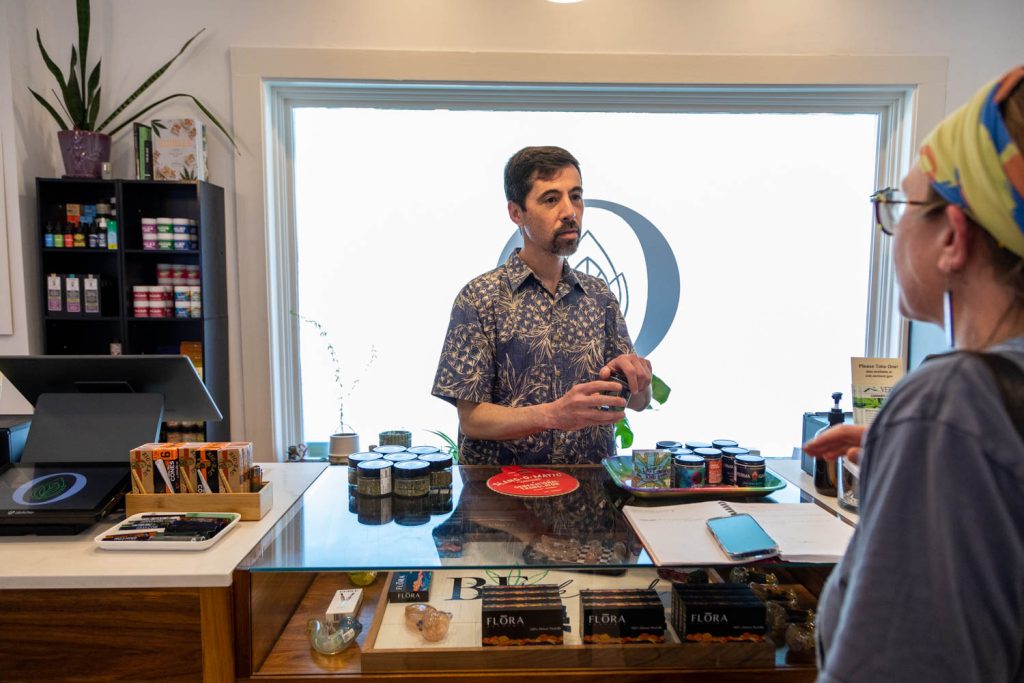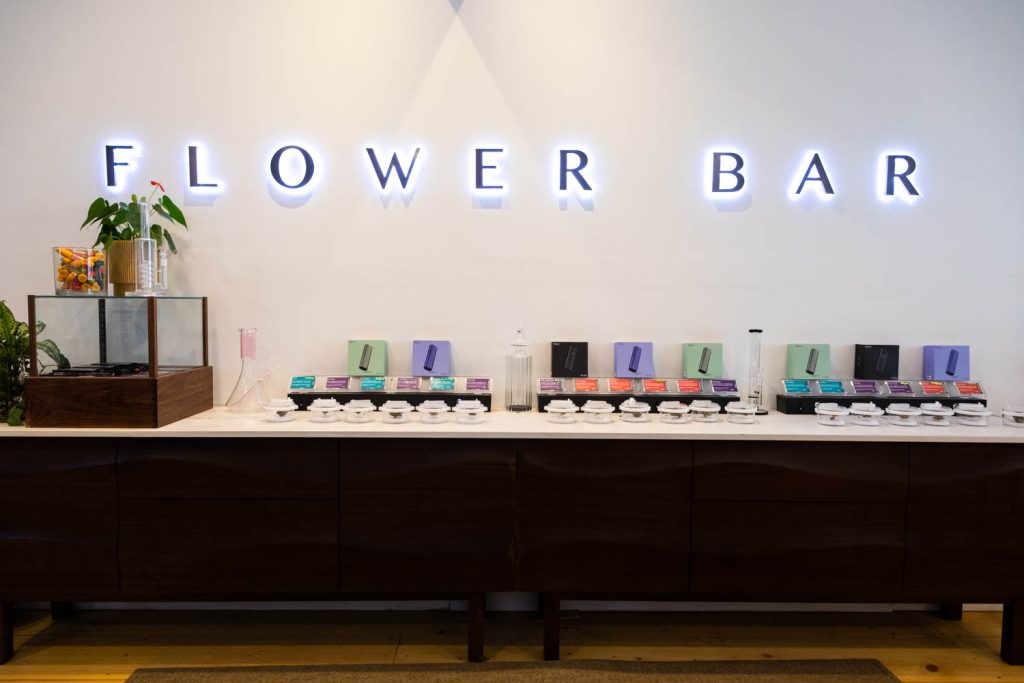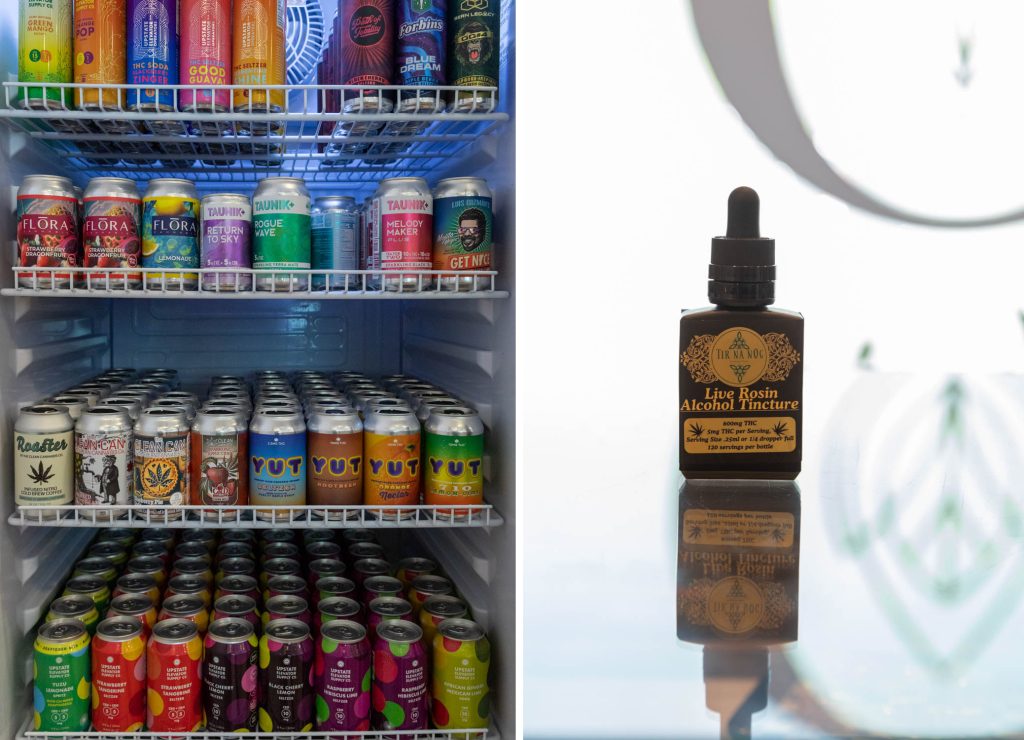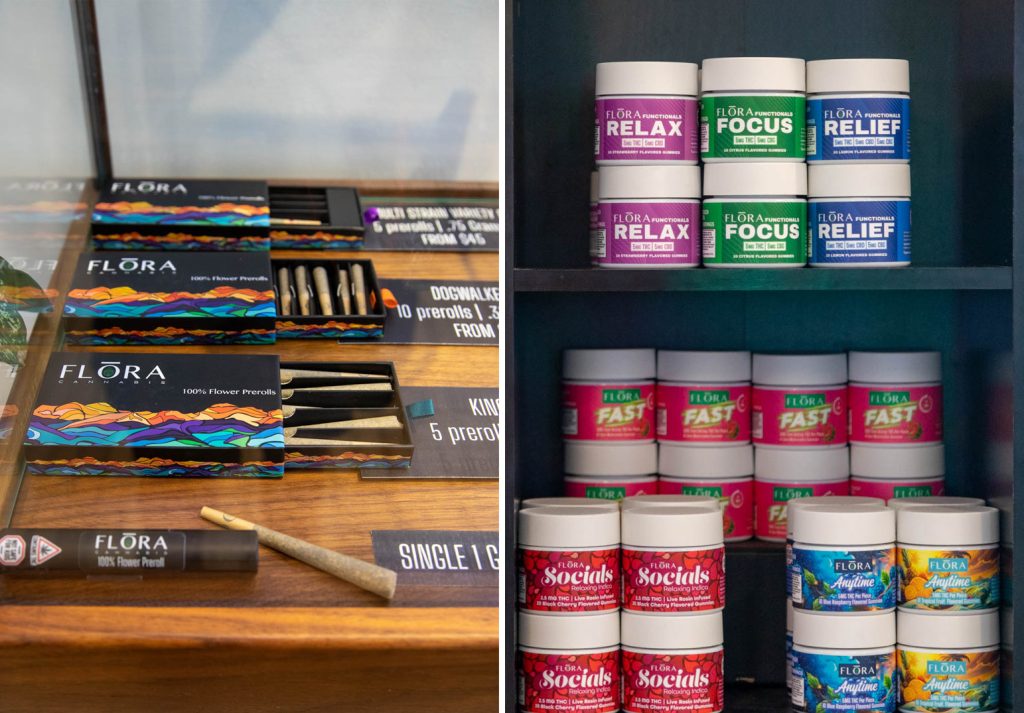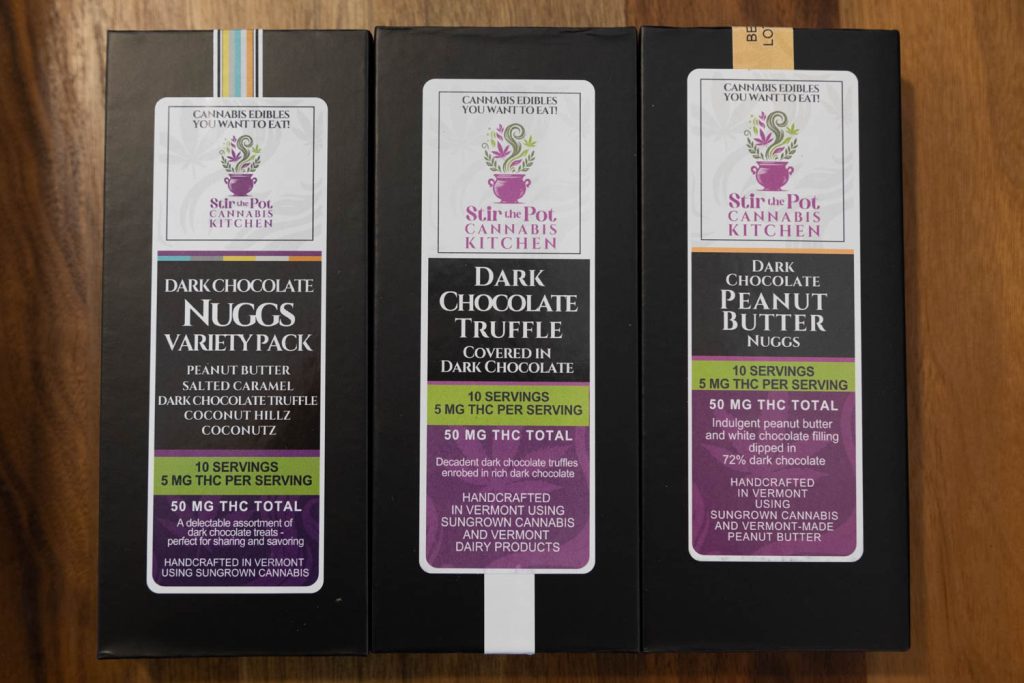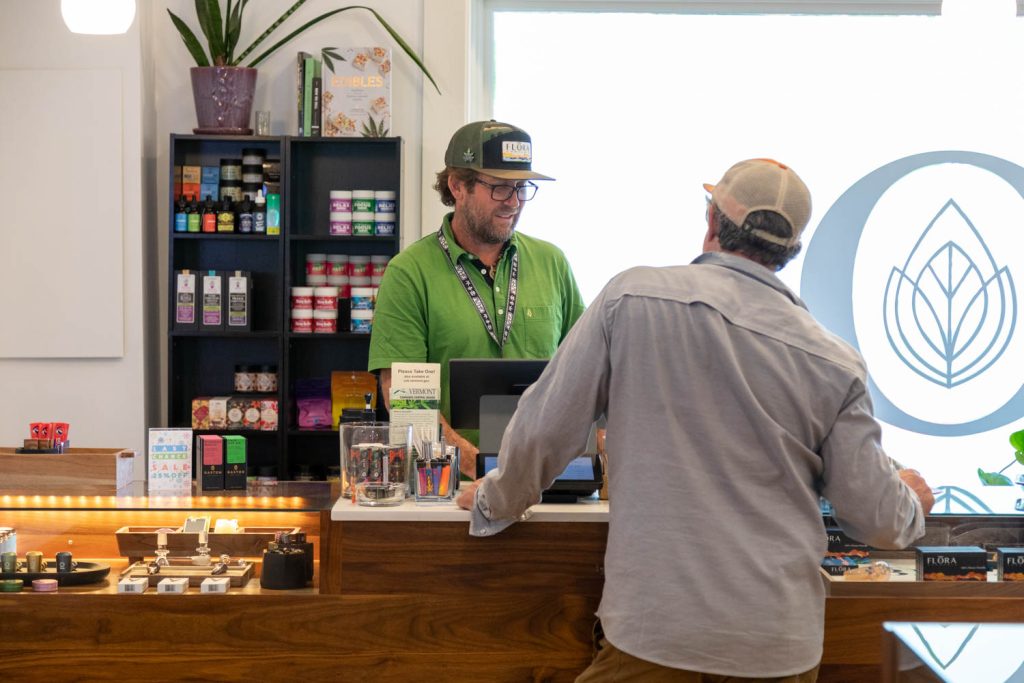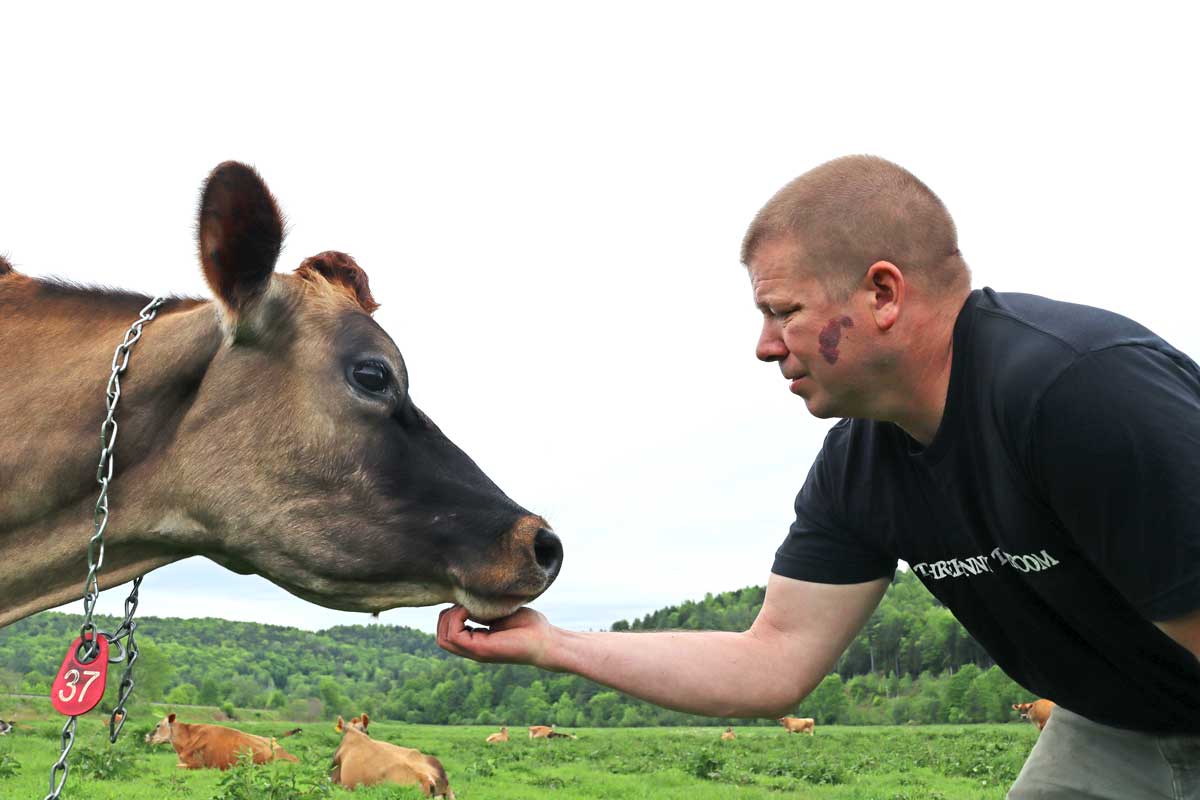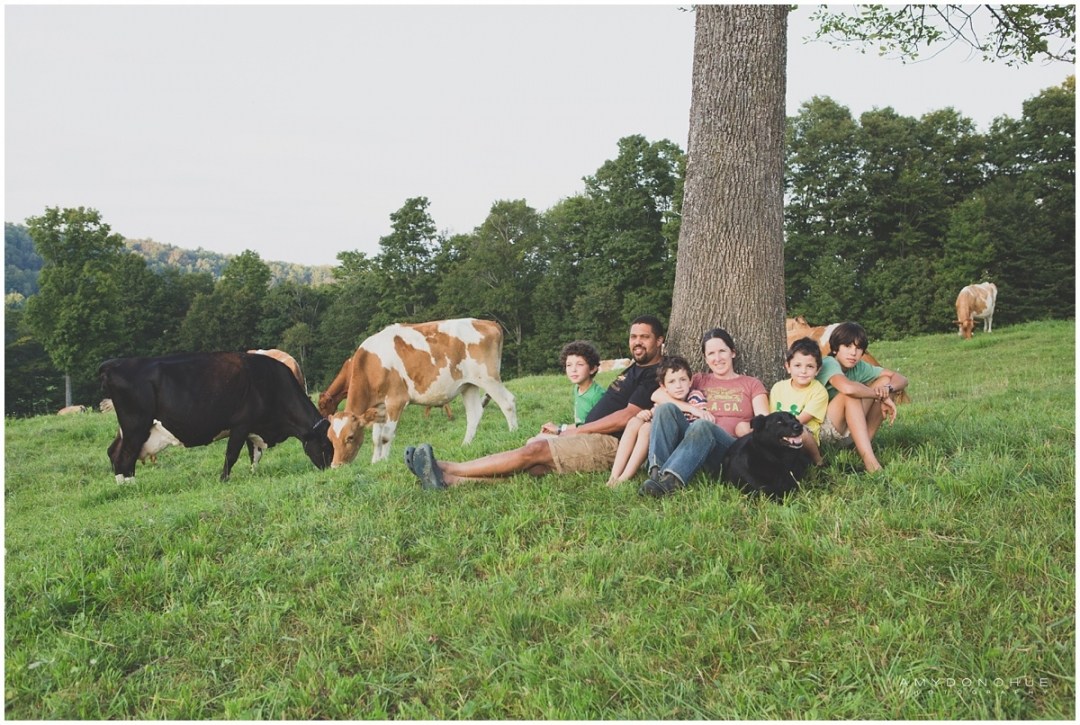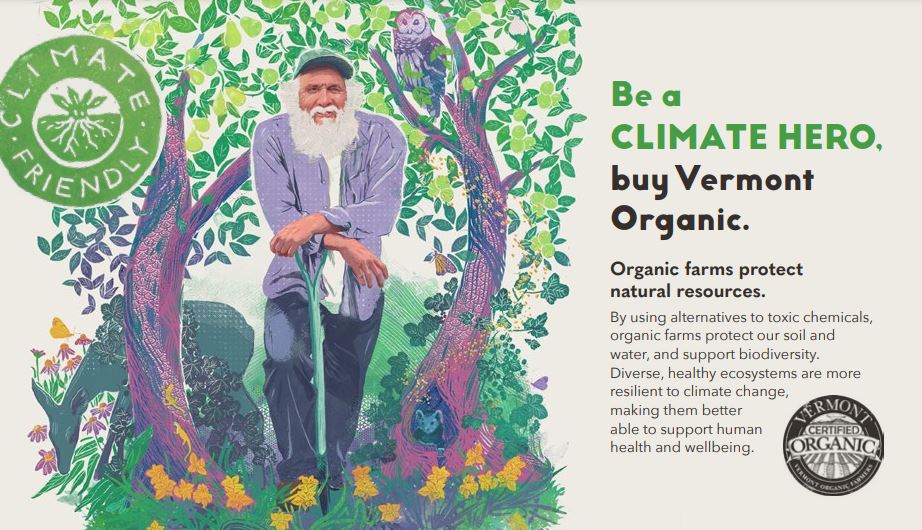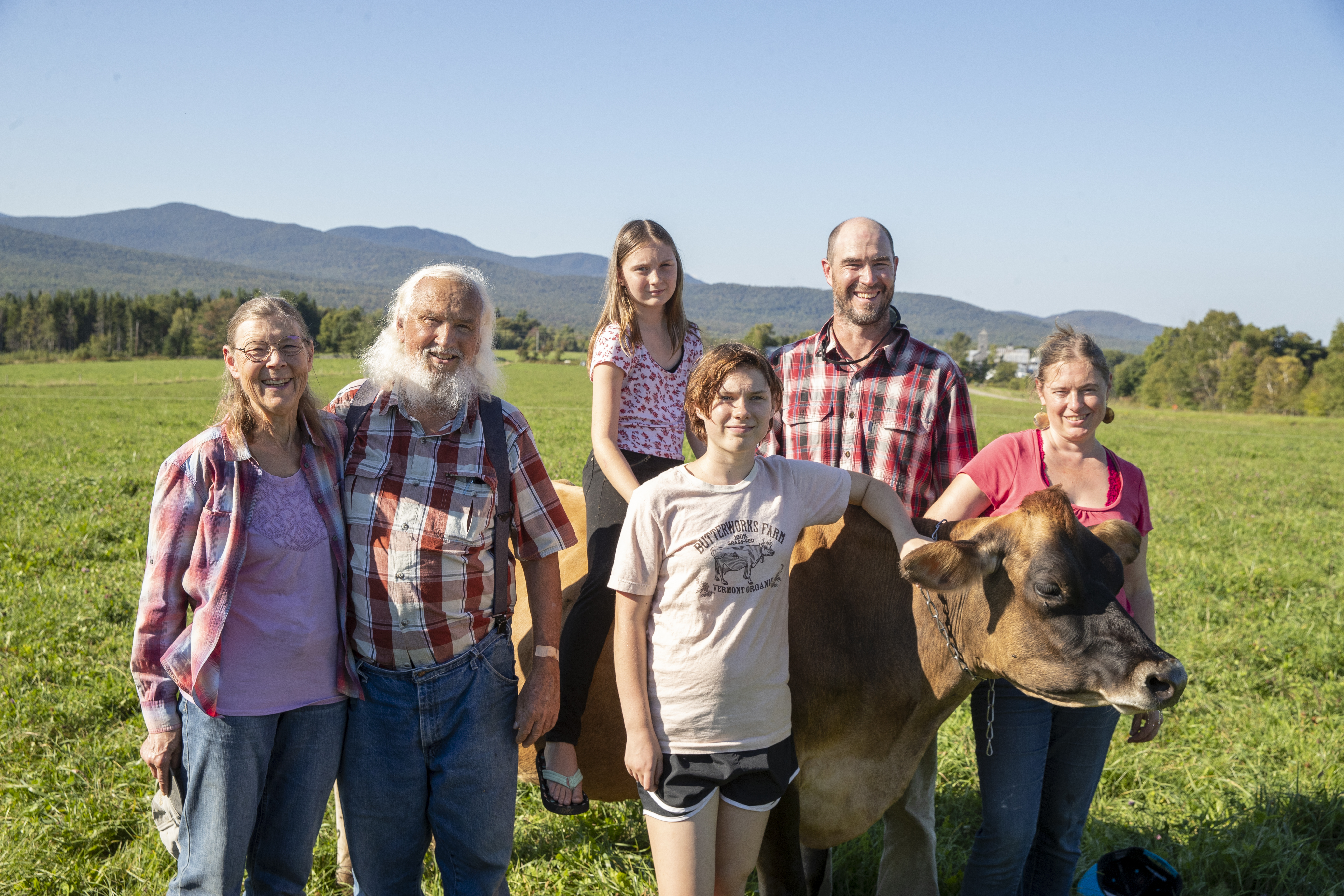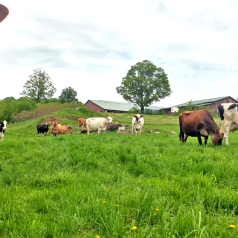
Spotlight on VT Farmstead Cheese
The story of Vermont Farmstead Cheese Company (VFCC) began with a shared vision: to preserve a cherished dairy farm in South Woodstock, Vermont, and to keep alive the rich tradition of artisan cheesemaking. Thanks to the dedication and generosity of its community, that vision became reality—a thriving creamery known for quality, creativity, and care.
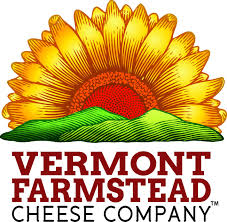
Vermont Farmstead is embarking on an exciting new chapter. The company has officially acquired Grafton Village Cheese Company (GVCC), a historic and beloved name in Vermont cheesemaking.
This strategic acquisition represents a significant milestone. By uniting the heritage, expertise, and resources of VFCC and GVCC, the company is not only expanding its footprint but also reinforcing its ability to deliver exceptional cheeses rooted in craftsmanship and tradition. The goal: to elevate Vermont cheesemaking by blending time-honored techniques with thoughtful innovation, while supporting the talented individuals who bring these cheeses to life.
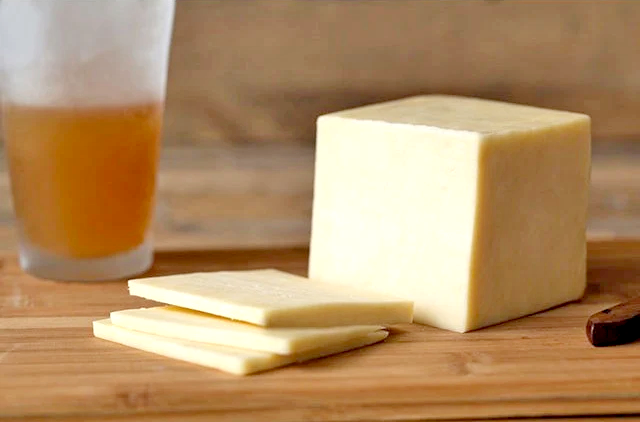
More than a business move, this acquisition reflects VFCC’s enduring commitment to excellence, sustainability, and community. The company will continue producing its award-winning cheeses with even greater consistency and capacity for innovation. Cheesemaking operations will remain active at both the Grafton facility and the VFCC creamery in South Woodstock, ensuring product availability, operational efficiency, and continuity in quality.
At the heart of both brands are the cheesemakers, and VFCC is investing in them—providing tools, training, and support to help them thrive and push boundaries in artisanal cheese production.
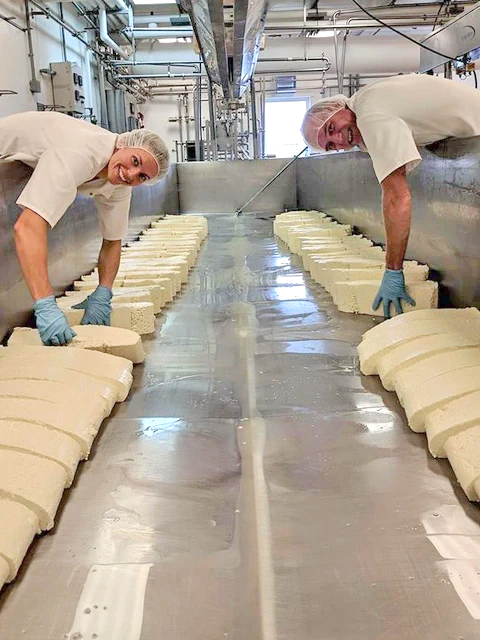
With increased scale and improved distribution, the company is poised for long-term success—without ever compromising its core values. GVCC, a cornerstone of Vermont’s dairy legacy, will continue to be honored and preserved under VFCC’s stewardship. While each brand will retain its unique identity, together they form a dynamic, resilient enterprise grounded in authenticity, craftsmanship, and community spirit.
Since releasing its first cheese in 2011, VFCC has made steady strides—acquiring Castleton Crackers in 2013, launching a vibrant retail space in Artisans Park, and now, bringing GVCC into the fold. Every step has been fueled by the company’s mission: to make high-quality, artisanal cheese more accessible while caring for the land, the animals, and the people behind the process.
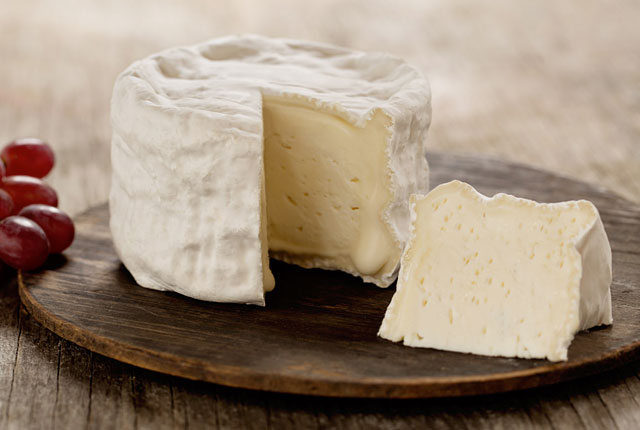
VFCC’s award-winning cheeses—recognized by competitions such as the New York International Cheese Competition—are a testament to the dedication of its team. Most recently, the company was honored as Vermont Cheddar Creamery of the Year, underscoring its continued commitment to excellence.
As VFCC looks ahead, it remains firmly rooted in its support for local dairy farmers, its celebration of skilled cheesemakers, and its connection to the community that has championed its growth from the start.
Vermont Farmstead Cheese Company invites everyone to experience what’s next—because the best cheese is always made with care and shared with joy.

